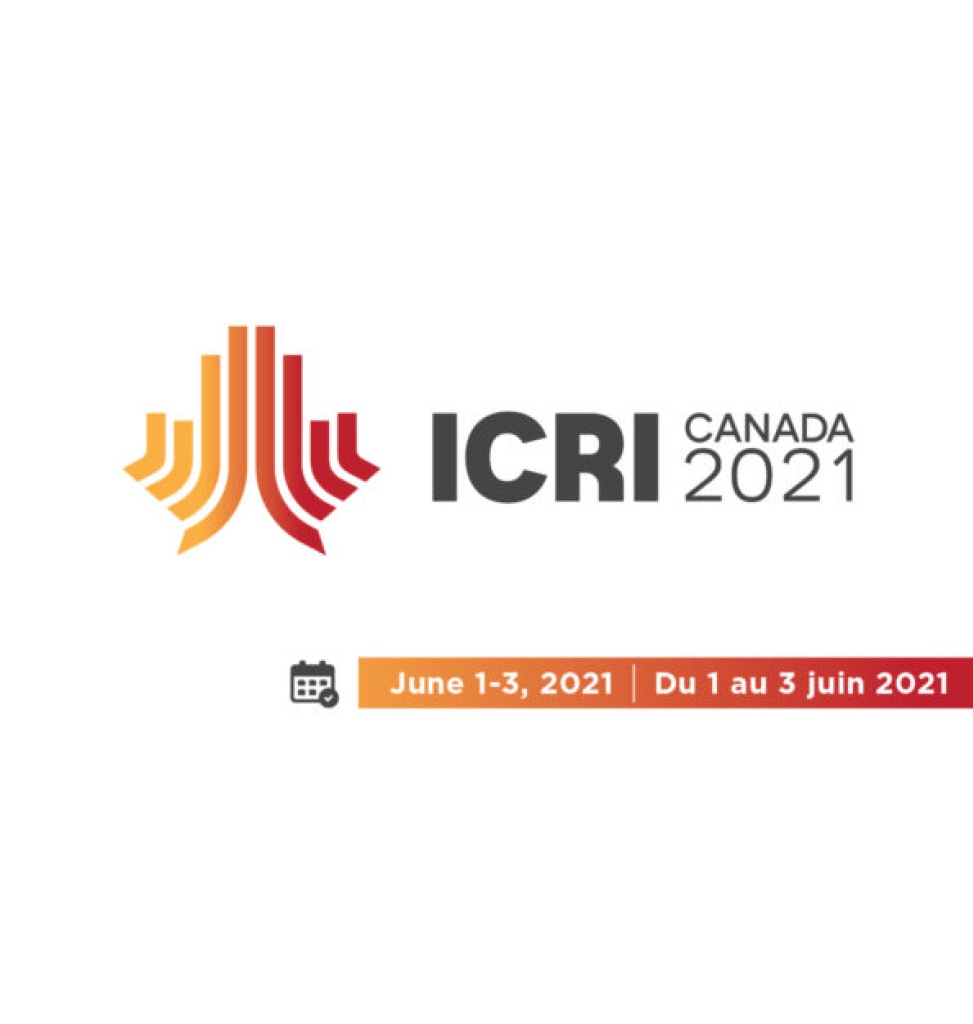ICRI Canada 2021
Home | Events | Policymakers | ICRI Canada 2021

Online, 1–3 June 2021. The International Conference on Research Infrastructures (ICRI) brings together policy experts, facility managers, leading researchers and a variety of other stakeholders to discuss challenges and emerging trends for research infrastructures around the world. The safety and wellbeing of ICRI 2021 attendees is paramount for the conference hosts. After thoughtful discussions, the decision has been made to move ICRI Canada 2021 to a fully online, virtual experience. This will be the fifth time this global-scale conference has taken place and for the first time it will be hosted by a country in North America. The 2021 conference will build on the discussions and conclusions of the first four conferences. It will also be an opportunity to advance debates about research infrastructure policies that have been ongoing in various international fora. The goals for this year’s conference are to:
- develop a more structured approach to international collaboration
- identify lessons learned and best practices in the development and use of research infrastructures
- discover areas of common interest, and
- build connections between stakeholders and decision makers across the globe.
ICRI 2021 is supported with funding from the European Union and is hosted by the Canada Foundation for Innovation (CFI), in partnership with the Canadian Institutes of Health Research, the Natural Sciences and Engineering Research Council, and the Social Sciences and Humanities Research Council, and with additional support from the National Research Council of Canada.